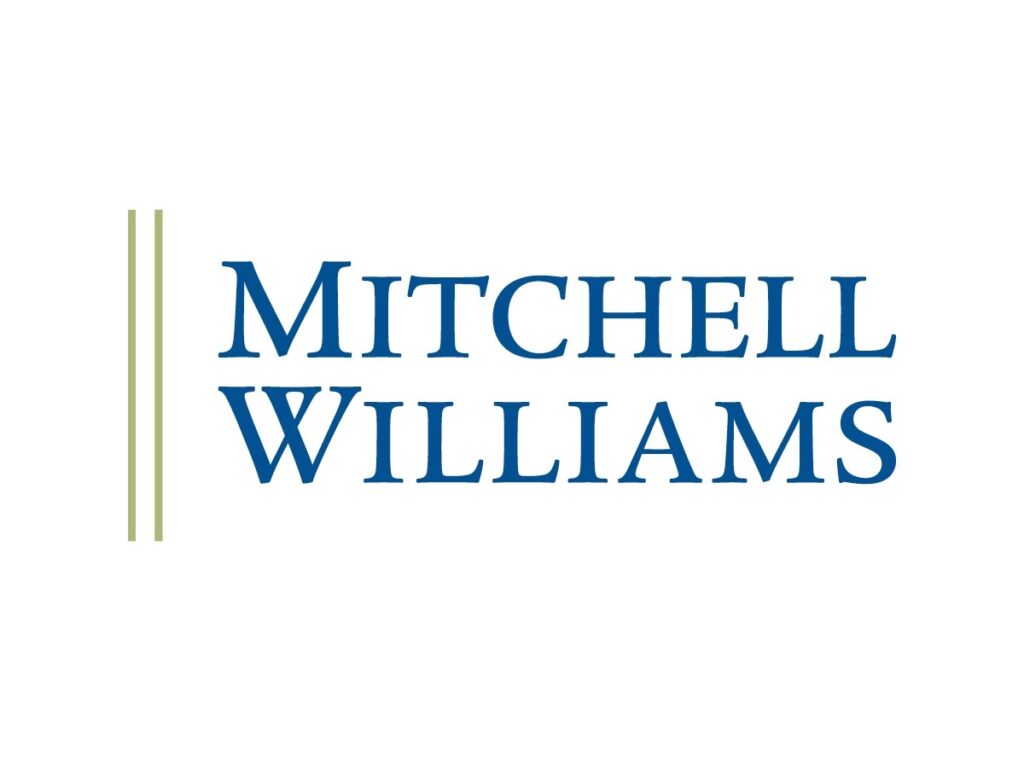Download PDF
In the fast-paced world of technology litigation, one case stands out for its implications for trade secrets and intellectual property rights. Neural Magic, Inc. v. Meta Platforms, Inc. and Aleksandar Zlateski. The federal lawsuit includes allegations of misappropriation and unfair competition between two AI players, specifically claiming that algorithms that make computers more efficient and enable advanced machine learning were stolen. It has been.
background: Neural Magic, Inc., a startup founded by MIT computer scientists, claims that Meta Platforms, Inc. (formerly known as Facebook) and its employee Aleksandar Zlateski illegally used Neural Magic's proprietary algorithms. Did. Zlateski, a former Neural Magic employee, allegedly took trade secrets with him when he joined Meta Platforms, Inc. The crux of the matter revolved around Meta's release of a compiler that allegedly contained the same proprietary algorithms developed by Neural Magic.
detail: As is common in unfair competition cases, the plaintiff claims that the breakup between the first and second companies was not clean and legal, and that the former employee and his I requested recovery from the company I worked for. The plaintiffs accused Meta of misappropriation of trade secrets and confidential information, violation of the Trade Secret Protection Act of 2016, unfair business practices under state law, breach of contract, and tortious interference. The case proceeded to the expert review and summary judgment stage. The court granted in part the defendants' motion for summary judgment on one trade secret claim and allowed the remaining cases to proceed. Shortly thereafter, the parties reconciled.
what it means:This is the most serious AI-related trade secrets case to have occurred in recent years.of Neural Magic, Inc. vs. Meta Platforms, Inc. This case highlights the importance of protecting intellectual property and trade secrets in the competitive AI field. This serves as a warning to both companies and employees, highlighting the legal consequences of misuse of confidential information. Just prior to the settlement, the court had ruled to allow the plaintiffs to provide expert testimony that they owed up to $766 million in royalties to Meta. This highlights the significant risks associated with unfair competition litigation. Additionally, this case highlights the logistical, ethical, and legal challenges that often accompany AI-based litigation, particularly regarding intellectual property and trade secrets. Litigation involving the misuse of trade secret technology can often involve significant damages.
In conclusion, although the details of the settlement remain confidential, the legal battle between Neural Magic, Inc. and Meta Platforms, Inc. is important to protect intellectual property rights and maintain ethical business practices in the digital age. It serves as a reminder of the big stakes. .
This content was generated in part by and prepared for publication with assistance from ChatGPT.


